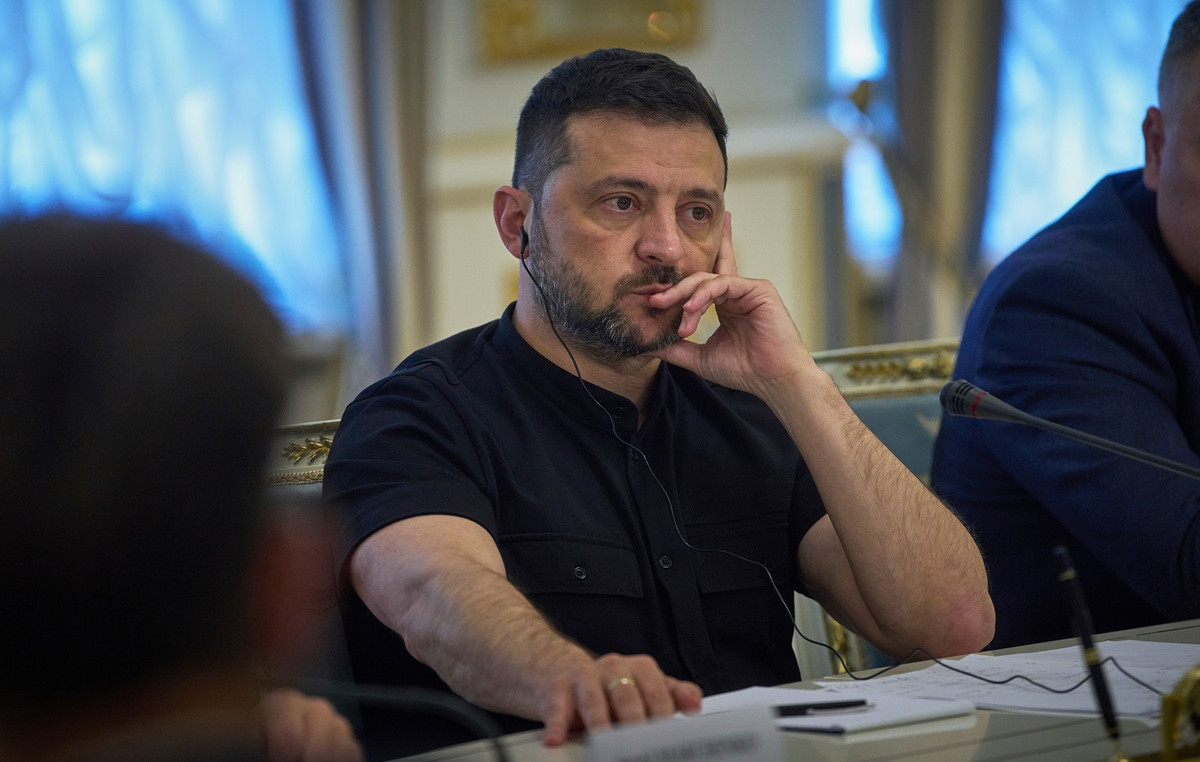The 26th United Nations Conference on Climate Change (COP26) should be the COP for children. So says the executive director of the United Nations Children’s Fund (Unicef), Henrietta Fore in a message to world leaders who are meeting in Glasgow, Scotland.
Fore recalls that 1 billion children are at extremely high risk of suffering from the impacts of the climate, as they live in the 33 nations that are most threatened by change. She says that the heads of state “have an important and urgent opportunity to retrace the terrible path we are on”, calling for a significant and rapid reduction in greenhouse gas emissions.
According to UNICEF, virtually all children are exposed to at least one environmental risk, such as air pollution, heat waves, cyclones, floods and lack of water. At least 850 million children live in areas where at least four waves of climatic shocks overlap.
The Children’s Climate Risk Index released by UNICEF in August this year revealed that:
- 240 million children and adolescents are highly exposed to coastal flooding;
- 330 million children and adolescents are highly exposed to riverine floods;
- 400 million children and adolescents are highly exposed to cyclones;
- 600 million children and adolescents are highly exposed to vector-borne diseases;
- 815 million children and adolescents are highly exposed to lead pollution;
- 820 million children and adolescents are highly exposed to heat waves;
- 920 million children and adolescents are highly exposed to water scarcity;
- 1 billion children and adolescents are highly exposed to extremely high levels of air pollution[1].
The study also details that young people living in the Central African Republic, Chad, Nigeria, Guinea and Guinea-Bissau are the most exposed to climate effects. According to the UN agency, to solve the problem it is necessary to improve essential services and invest in risk reduction.
UNICEF calls on developed countries to fulfill their promise to pass on US$ 100 billion (R$ 568 billion at the current rate) annually to help with climate issues. He also warns that without sources of investment for climate adaptation and improved services, 4.2 billion children who will be born in the next 30 years will be at greater risk for survival and well-being.
Reference: CNN Brasil
I’m James Harper, a highly experienced and accomplished news writer for World Stock Market. I have been writing in the Politics section of the website for over five years, providing readers with up-to-date and insightful information about current events in politics. My work is widely read and respected by many industry professionals as well as laymen.







